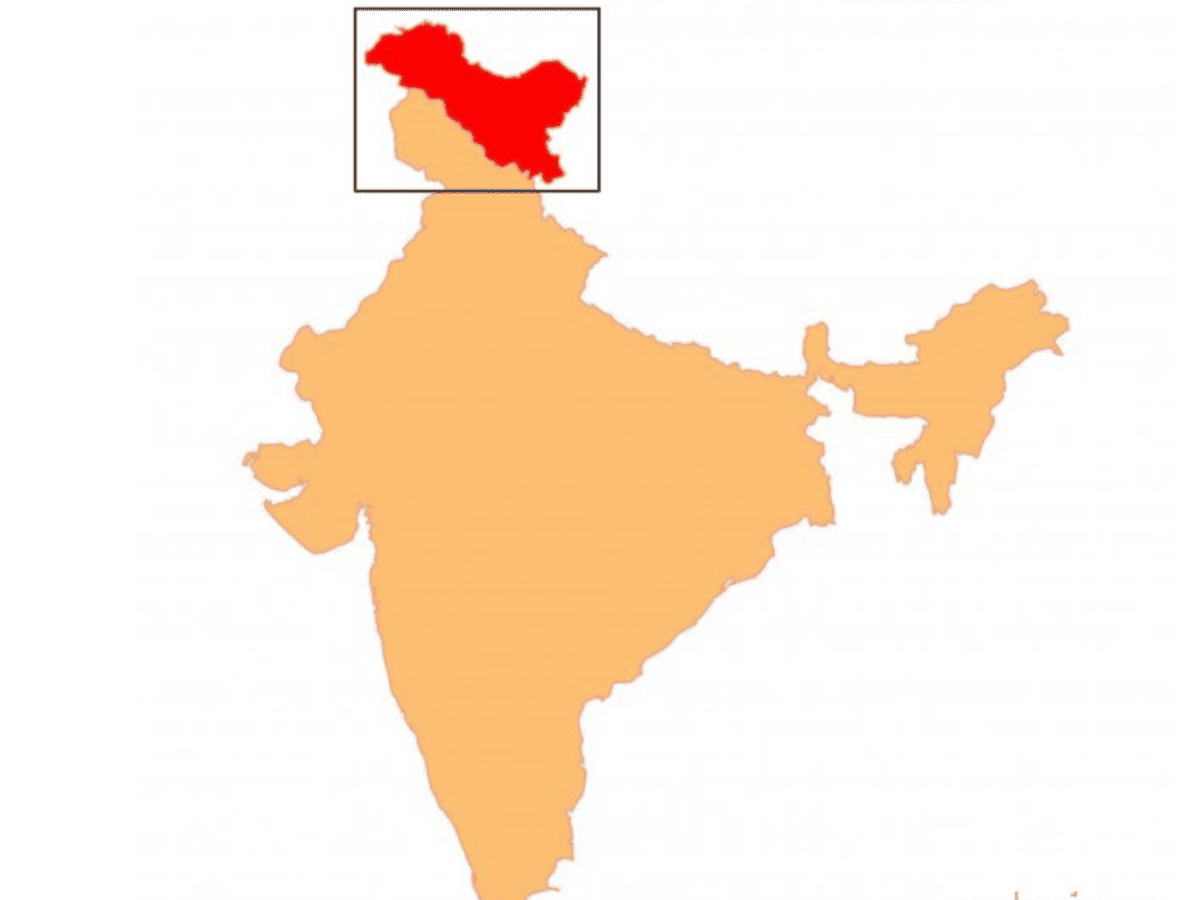
One of the rare distinctions of the recently concluded J&K Assembly polls was that for the first time in its history Ladakh was not the part of the whole exercise. This was an outcome of the decision of the Government of India to split the state of Jammu and Kashmir into two union territories of J&K, and Ladakh. While J&K was to have the legislative Assembly, Ladakh was given no such legislative institution. Ladakhis were obviously not happy with this decision of the Centre as they had believed that with the UT status, for which they had been agitating for decades, they would get the legislature too. The idea of political disempowerment of theirs dawned on them even when they were celebrating grant of UT status to their region. They were Buddhists mostly, while Muslims in Kargil were unhappy over snapping of their ties with Kashmir and abrogation of Article 370.
During the whole electioneering, Ladakh did not figure much. As the people in J&K became increasingly aware of the fact that they were now two-region territory – the Valley and Jammu, and the third region –Ladakh- has been separated from them. Ladakh, in any case, existed in the political discourse and not much of the devotion and dedication was shown toward the cold desert region even when J&K was a full-fledged special status state .This was one of the reasons apart from the assertion of their distinct culture, ethos, geography and demography, that Buddhists in Ladakh were asking UT status for them.
In the 87-member Assembly that existed prior to the bifurcation of the state – Ladakh had four seats only – two each from Kargil and Leh districts. As such there was not much of representation in the political system of the erstwhile state, but that was in proportion to the population. Ladakh had a little over 300,000 people, though its area was large- 59, 146 sq. kms more r than the whole of the Valley and Jammu region combined- 42, 241 sq. kms. It also had a presence in the ministry almost on all occasions .There was a sprinkling of the presence in the upper house- legislative council as well- now that House stands abolished in the UT of J&K, and Ladakh is not having an Assembly even.
Within months of the grant of the UT status , voices started rising that Ladakh be given statehood and also the legislature- the two district have Autonomous Hill Councils , mostly supervising developmental activities and ensuring recruitment at lowest levels, but these bodies have no powers to make laws . The activist who understood that the UT status for them is not as per their expectations and aspirations, they started agitation for the grant of the sixth schedule so that they could preserve their tribal identity and keep it out of the reach of outsiders. The region is also getting increasingly conscious of the fact that tourism that sustains its economy to a large extent is also bringing pollution. They are becoming possessive of their environment.
Some people like the climate activist Sonam Wangchuk are leading a campaign for the preservation of the environment. He is making the whole region – that is entire Indus basin – aware that melting of glaciers is going to bring catastrophic consequences. And, he is on record to have said that they were better off with the protection under Article 370 as that gave the locals all the rights to their land and how it should be preserved.
The Centre is seeking to pacify the locals by increasing their access to the administration. It has ordered the creation of five more districts in Ladakh. Three of them have been given to the existing district of Leh – Sham, Nubra and Changthang, while two others have been added to Kargil – Zanskar and Drass. In all, there would be seven districts now onwards. This is one of the measures that have its strategic value as it increases access of the people to the administration. But that, many locals believe doesn’t fulfill their political aspirations.
Ladakh is missing in political terms .It has only one MP for Lok Sabha. Rest of the political avenues available to it in the past have disappeared from there sight and participation. J&K parties that mourn the separation of Ladakh also did not do anything to talk about Ladakh.
